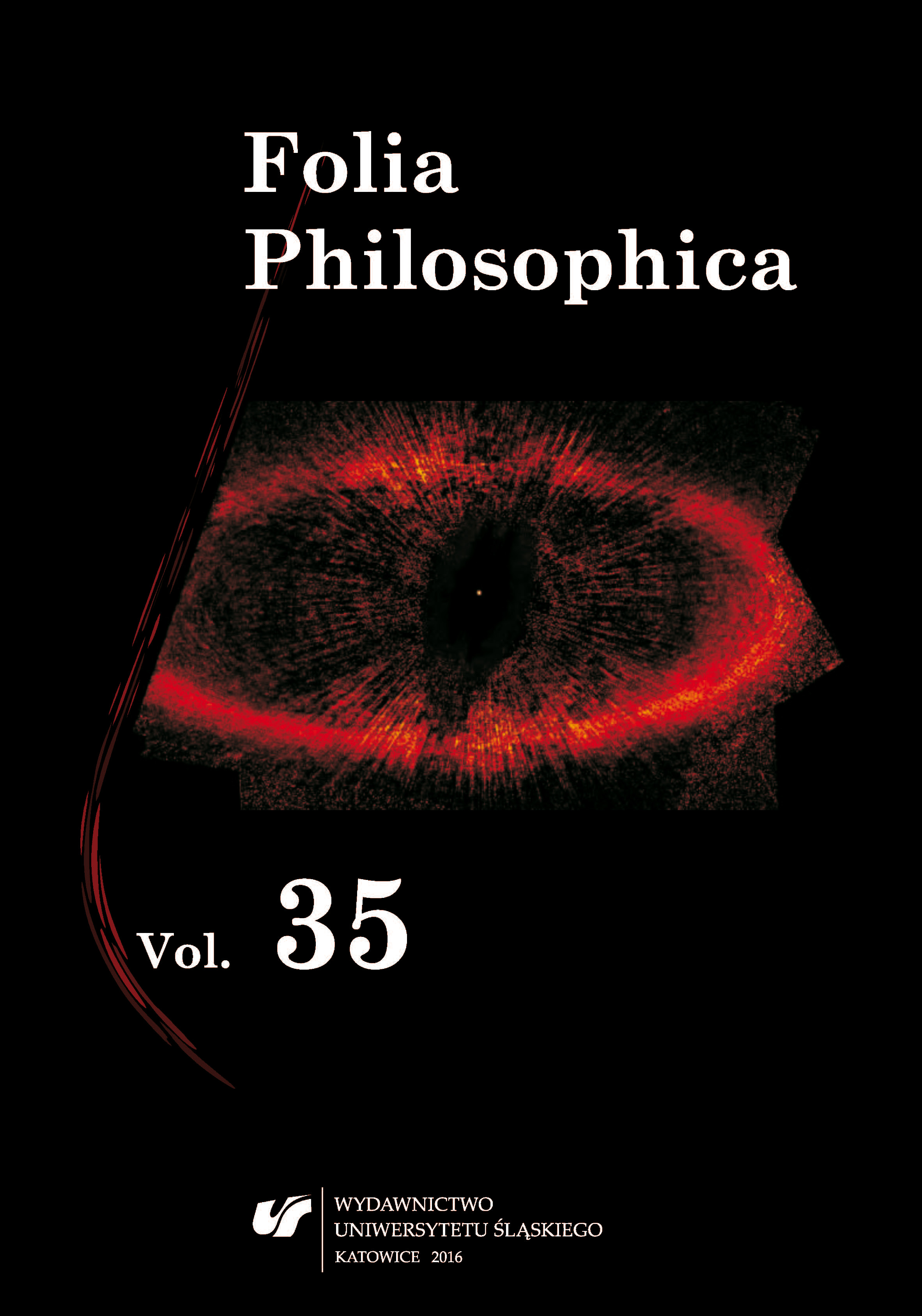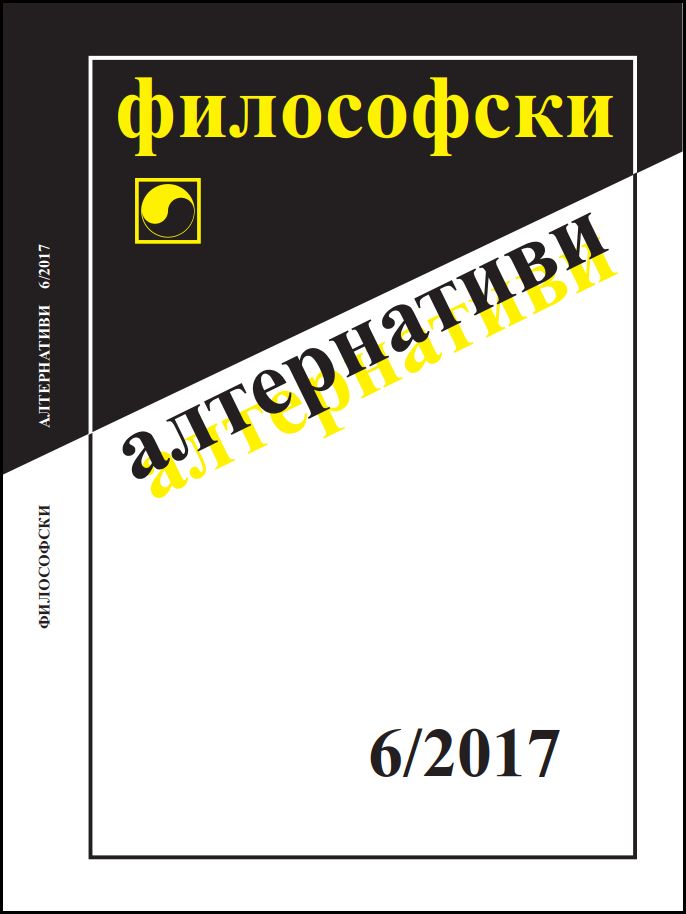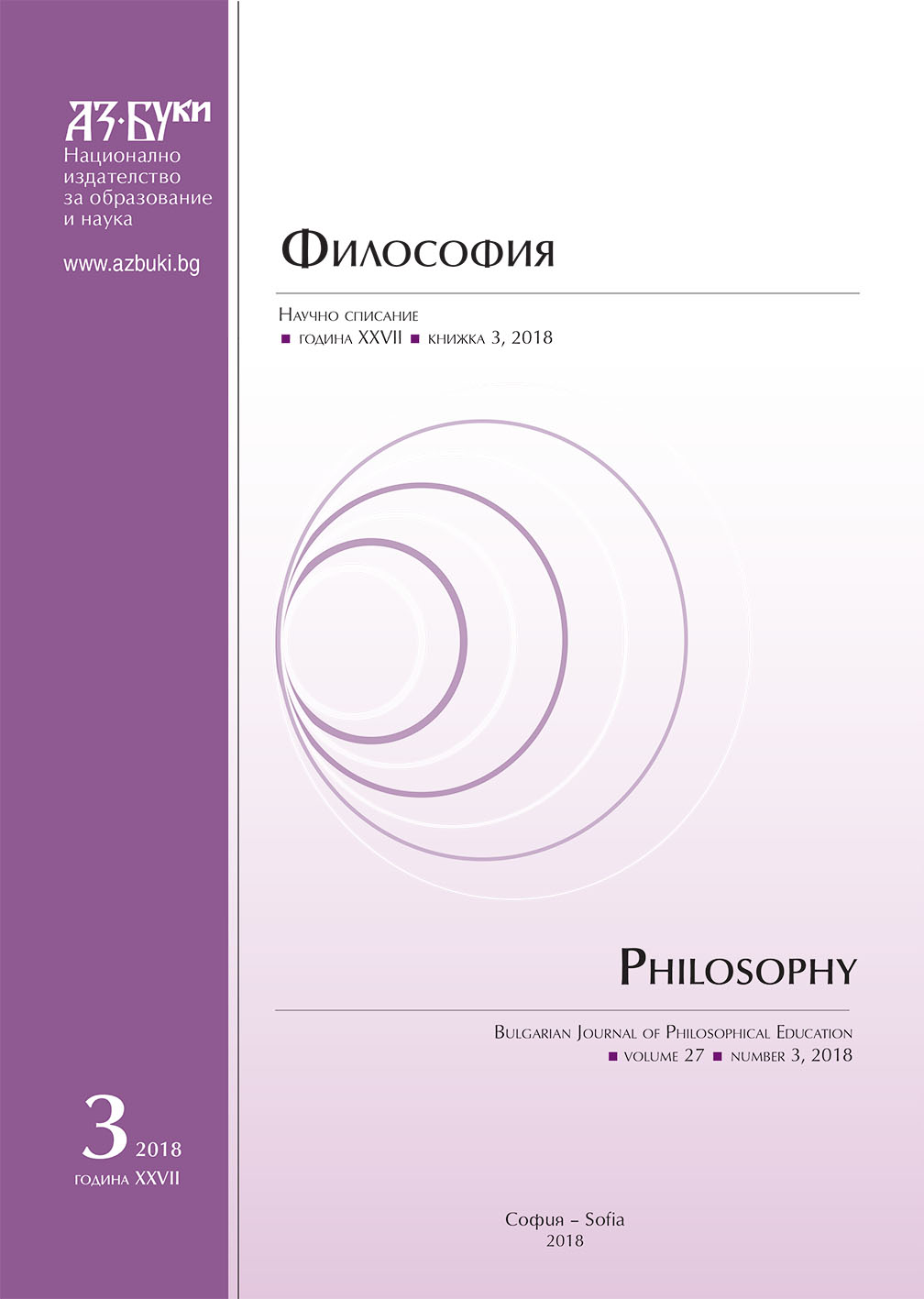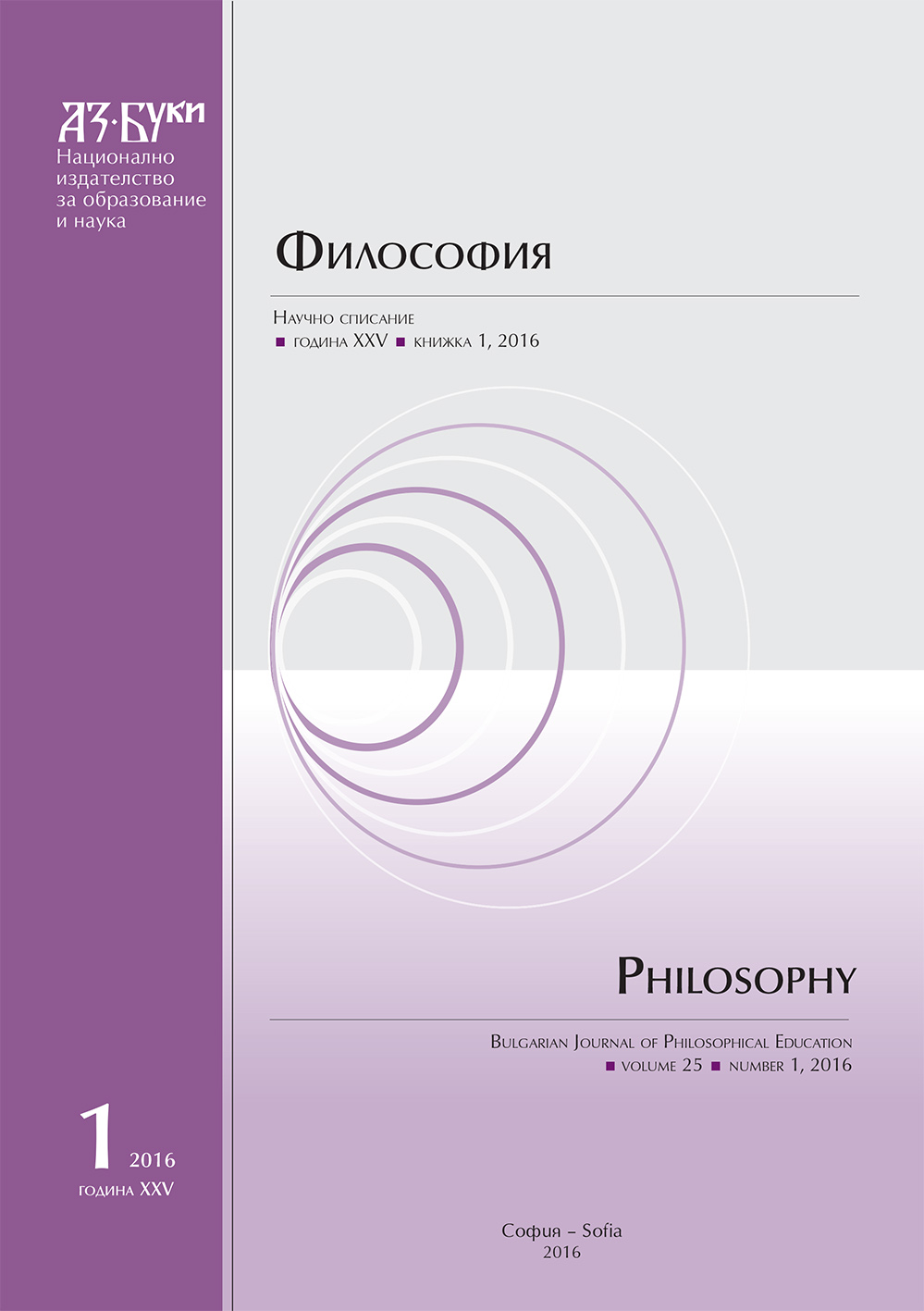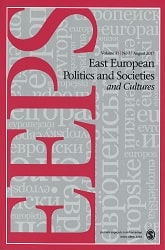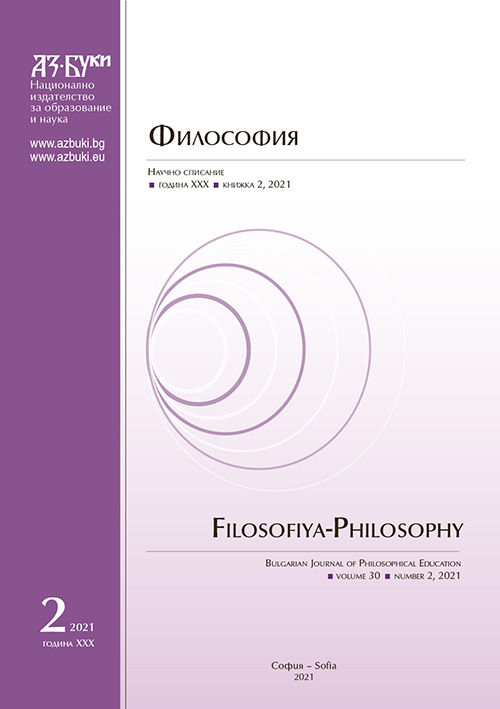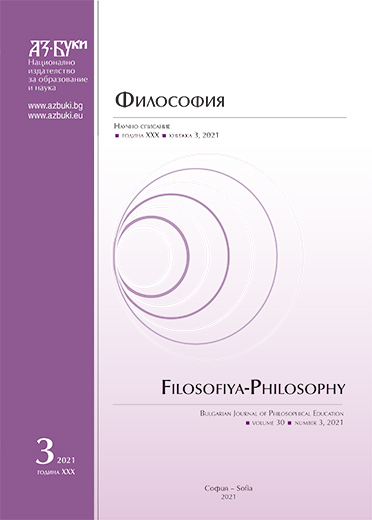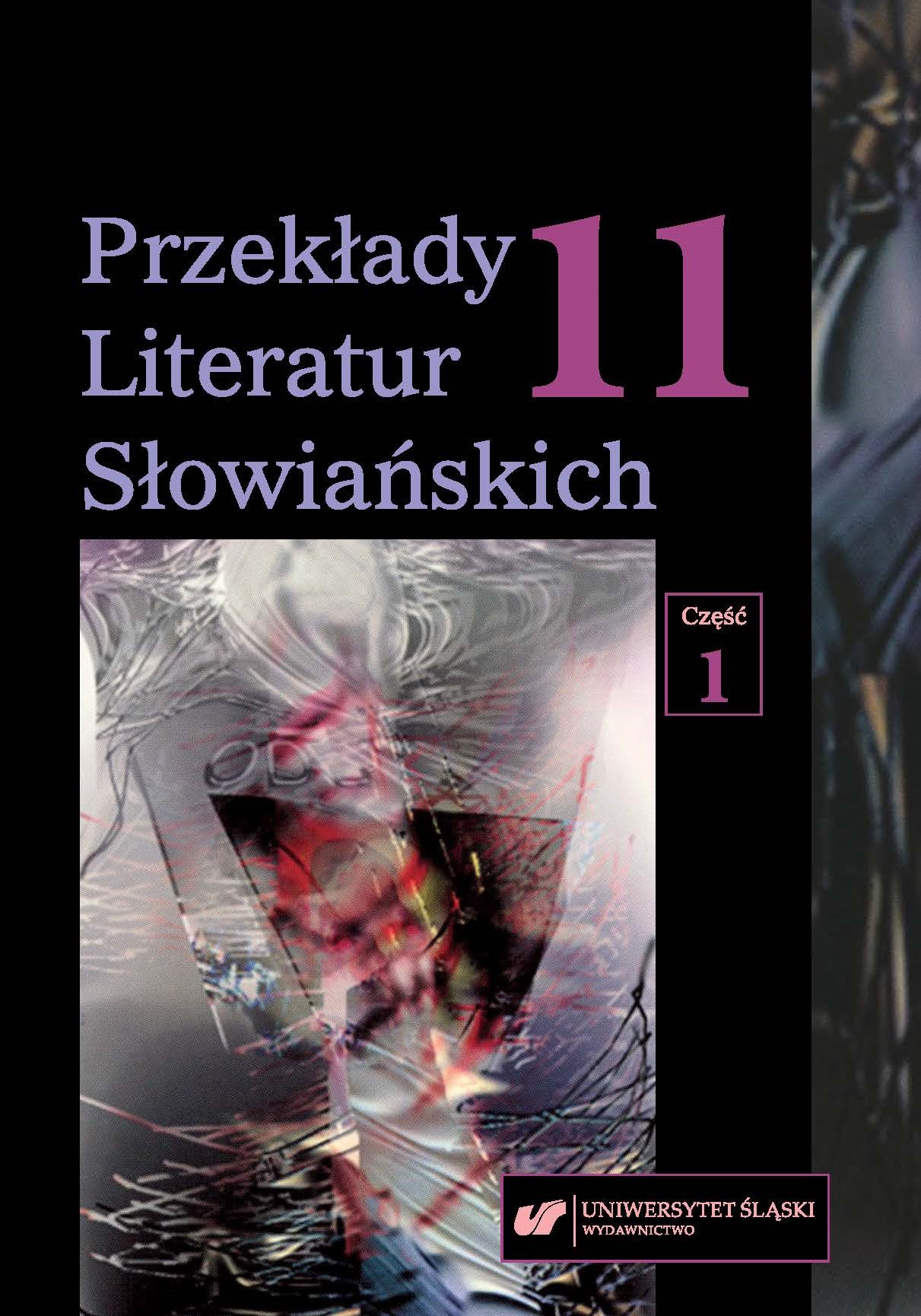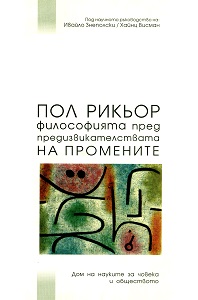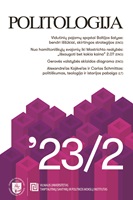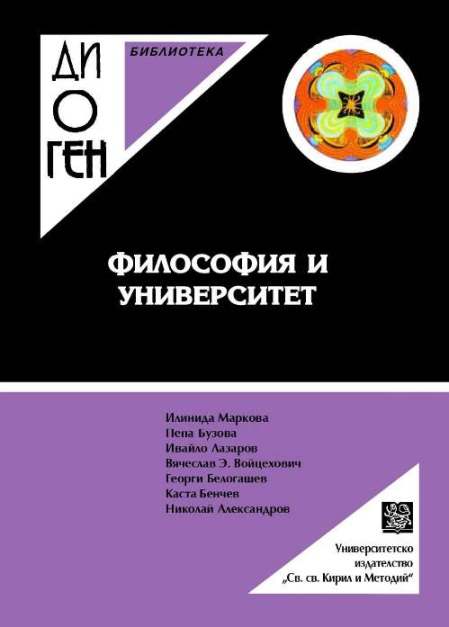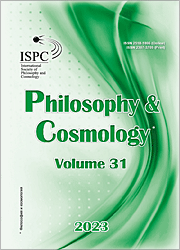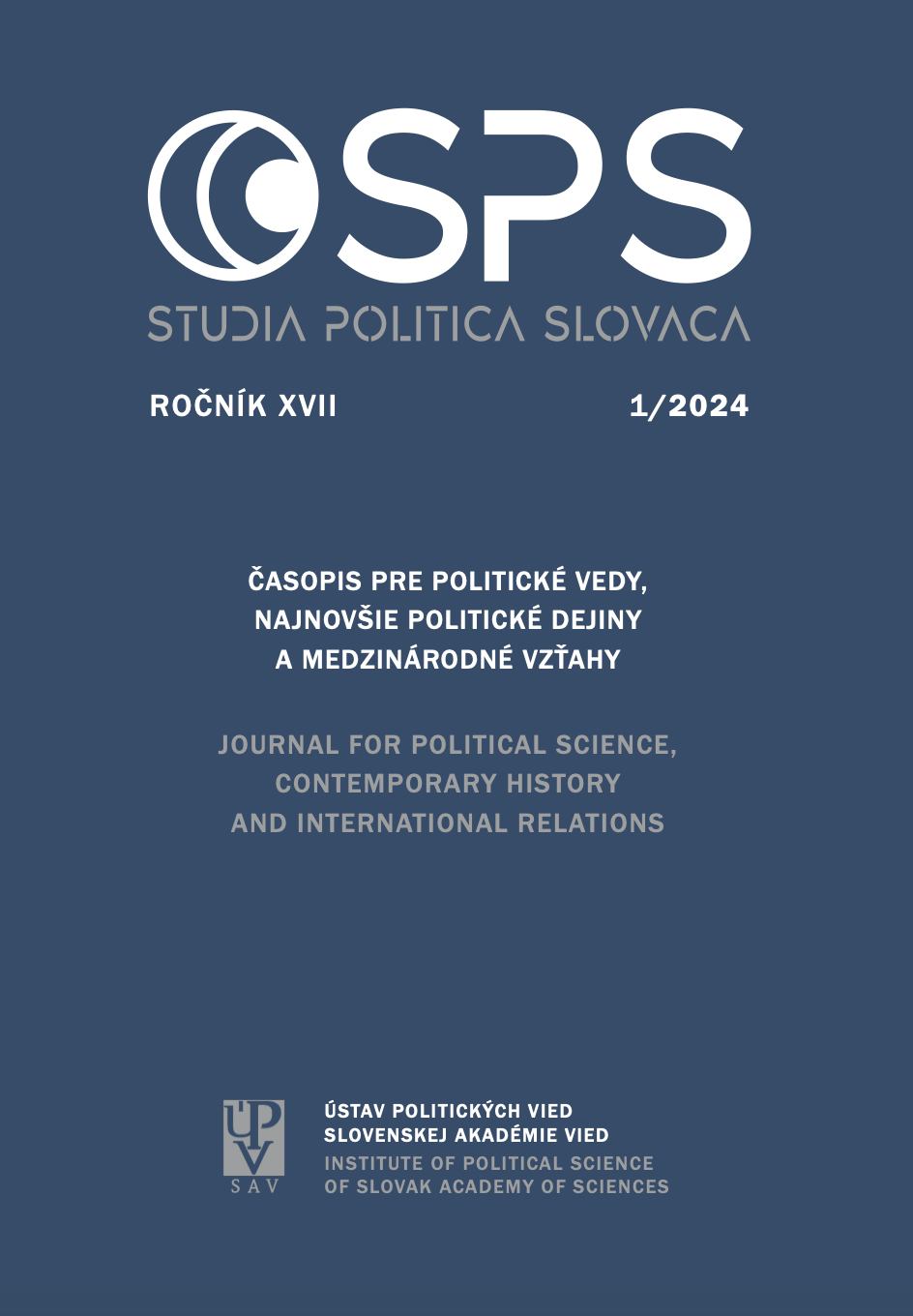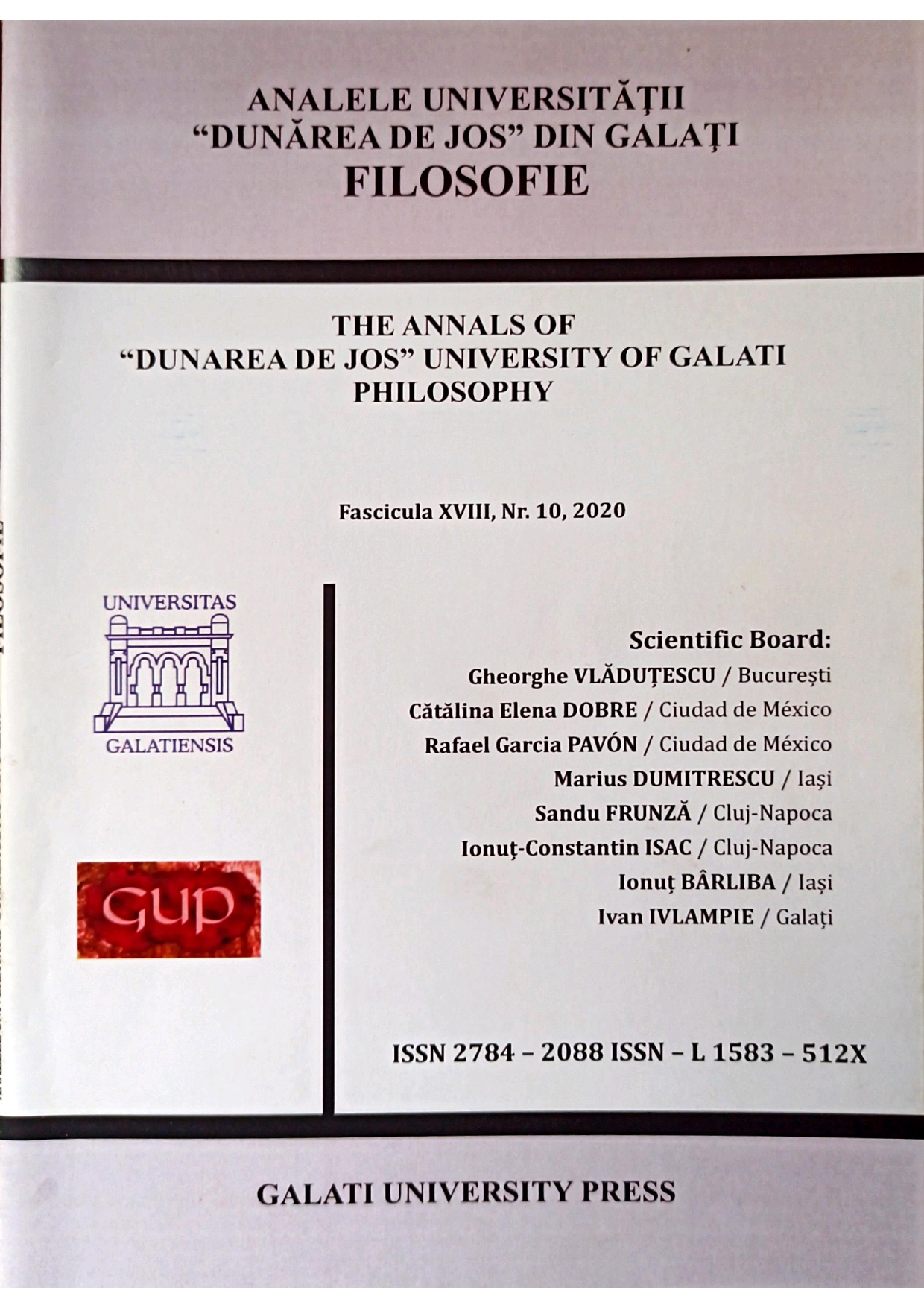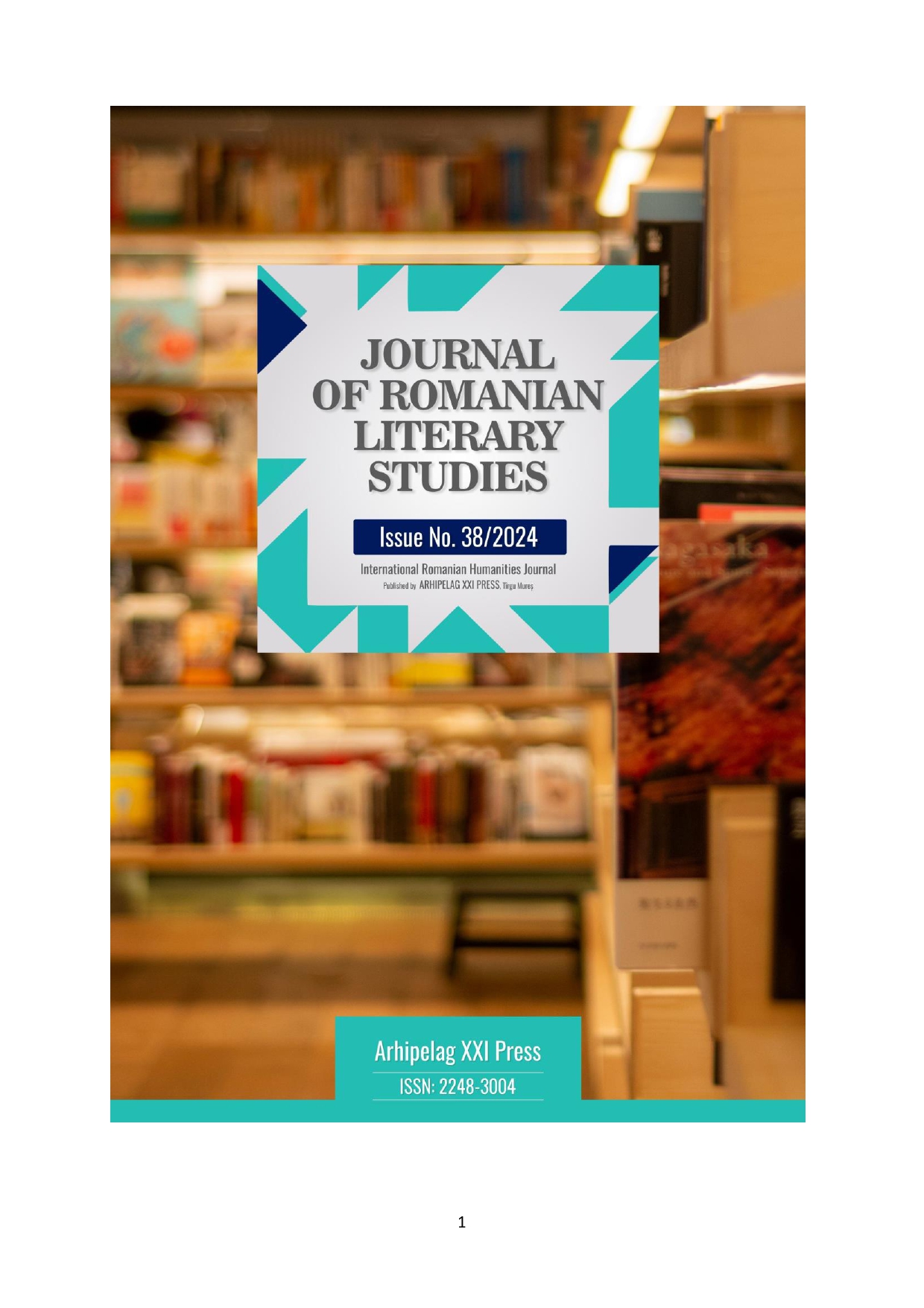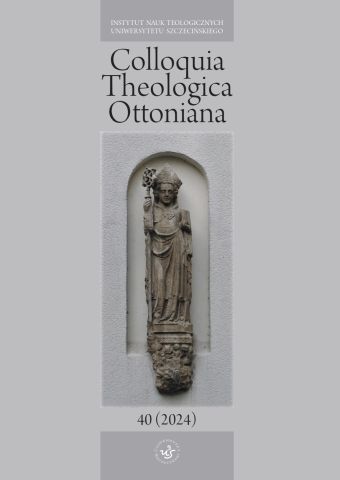Author(s): Viorella Manolache / Language(s): English,Bulgarian
Issue: 6/2017
The present study, focused on the concept of posthuman condition, aims to warn, monitor and comment on the path started / traced from the condition of postmodernity / postmodern condition to the posthuman condition. This approach will focus on a case-by-case analysis, after a thorough re-examination, and on a double counting, applied to “scores” that focus on new philosophical-political data. These influence the creative dimensions and the combining of the prefix post-, managing to modify it, adjust it, and orient it towards particular rebirths and uses.Recognizing the existence of the posthuman condition and inventing ways of accommodating the human to posthuman demands, the positioning of current crises explicitly calls for new benchmarks, transferring them from the theoretical level to the field of practical questions. With regard to the changing configurations of Europe and the world, the posthuman condition generates news, concern, up to the minute issues, a recent paradigm not only in the academic-scientific area, but also in the area of institutional and legislative resolutions and initiatives.Aware (via Habermas) of the enthusiasm and the anxiety that such post-positioning involves, Rosi Braidotti offers a set of clarifications which she considers to be essential for clarifying and redefining the role of Europe in the light of the posthuman condition, which is, in fact, a plea for the launching of a posthuman project of Europe.
More...
